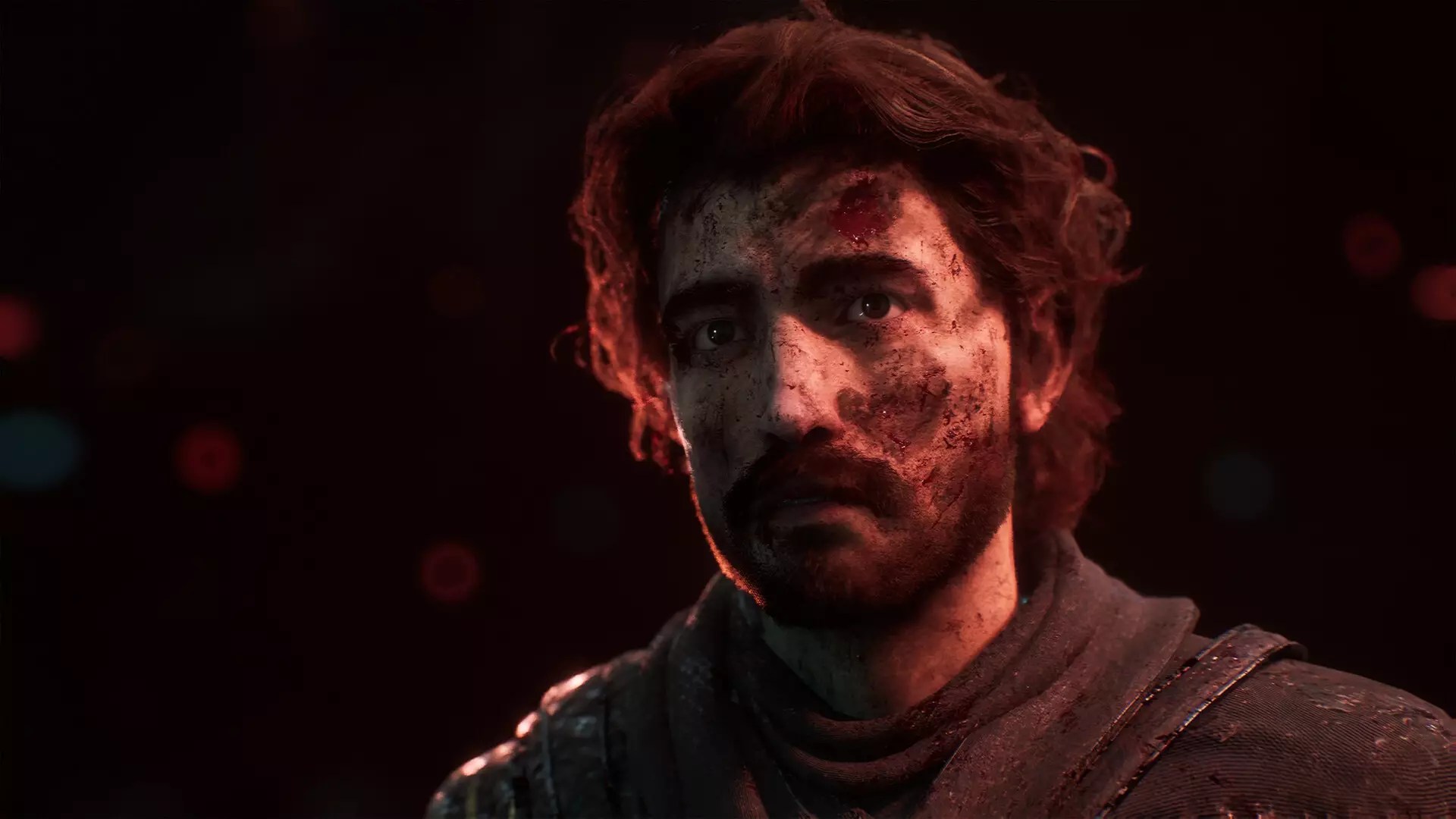Clair Obscur: Expedition 33 stands out in the realm of storytelling because it boldly refuses to follow the conventional pattern of safeguarding the protagonist at all costs. Instead, it embraces the unsettling yet compelling idea of vessel loss—removing the lead character early and unexpectedly. This narrative risk forces players to confront a harsh reality: attachment to a character does not guarantee their safety. It challenges the traditional storytelling trope of hero invincibility and, in doing so, elevates the emotional stakes of the game. The decision to kill Gustave, a character designed to evoke empathy and investment, is not simply shock value; it is a strategic move that underscores the core themes of grief, loss, and the fragile nature of hope in adversity.
This audacious approach reflects a growing trend among game developers: the desire to subvert passive storytelling. When players invest hours into skill trees, side quests, and emotional bonds with characters, the prospect of losing them creates a powerful narrative moment. Such choices force players to question not just their gameplay strategies but also their emotional resilience. Clair Obscur’s creators understand that true engagement arises when players are made to feel loss intensely and authentically—something that is increasingly rare in a gaming landscape often dominated by formulaic heroics and safe storytelling.
Creative Courage as a Reflection of Artistic Integrity
The decision to extinguish Gustave was not an arbitrary stunt but rooted in creative conviction. According to Game Director Guillaume Broche, this plot twist originated from a previous project called ‘We Lost,’ where the concept of sacrifice was central. Its retention in Expedition 33 was originally a joke among the creative team—an offhand suggestion to kill the protagonist—but it evolved into a deliberate thematic choice. Broche’s admission that he and lead writer Jennifer Svedberg-Yen initially joked about killing the main character highlights an essential aspect of innovative storytelling: sometimes, chaos and risk are necessary to achieve artistic depth.
In an industry where sequels, franchises, and safe monetization strategies often stifle creative experimentation, Clair Obscur’s willingness to break the mold signals a commendable pursuit of meaningful storytelling. The trait of risking audience disappointment for an authentic emotional experience demonstrates confidence and artistic integrity. It suggests that the game’s designers believed in the value of evoking real, visceral responses from players—responses that linger long after the console is powered down. Such honesty underscores their understanding that emotional investment hinges on unpredictability and the willingness to challenge comfort zones.
Empathy and Emotional Authenticity in Interactive Media
At its core, the game philosopher Broche stated that eliminating Gustave was meant “to invite the player to feel loss.” Unlike passive media such as movies or books, video games possess a unique capacity for immersion, where players affect the environment and emotional states more directly. Clair Obscur leverages this interactive potential to heighten the impact of sacrifice. Players who have dedicated time and effort into Gustave’s skill development, only to see him fall, experience a double dose of grief—both from narrative loss and the loss of in-game progress.
This dynamic taps into a fundamental truth about human psychology: emotional attachment intensifies when effort is invested, and loss feels more acute when it shatters preconceived notions of safety. By actively participating in skill trees, players simulate the growth and potential of Gustave, making his demise a profoundly destabilizing event. This deliberate emotional manipulation elevates the game from mere entertainment to a cathartic exploration of life’s unpredictability and mortality.
The Artistic Risk and Its Broader Implications
Clair Obscur’s approach exemplifies how artistic risks can deepen player engagement. By not reassuring players with character invincibility, the game fosters a sense of vulnerability that resonates deeply. It’s an acknowledgment that storytelling is most meaningful when it pushes boundaries and confronts discomfort head-on. This daring strategy may not appeal to every player—some might prefer less ruthless narratives—but it undeniably creates a memorable experience that elevates the medium.
Furthermore, the decision underscores a broader philosophical stance: that true storytelling is about connection, loss, and growth. The willingness to sacrifice pathos for authenticity reflects a mature understanding of human emotion. In a gaming climate sometimes criticized for prioritizing spectacle over substance, Clair Obscur’s bold move demonstrates that vulnerability and unpredictability are the real powers of storytelling—power that leaves a lasting impression long after the credits roll.


Leave a Reply